Search Results
Showing results 61 to 80 of 119
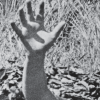
Leaf Living
Source Institutions
In this outdoor fall activity, learners find out what living in or under a layer of leaves is like.
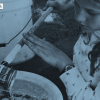
Can Fishing
Source Institutions
In this outdoor activity, learners go "can fishing" and discover the kinds of aquatic organisms that live in and on submerged cans.
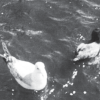
For the Birds
Source Institutions
In this outdoor activity, learners turn the fun of feeding wild birds into an investigation of bird behavior.

The Old White Sheet Trick: Light and Insect Behavior
Source Institutions
In this outdoor, nighttime activity, learners gather around a brightly lit, white surface and study the behavior of nocturnal animals attracted to the light, particularly night fliers.
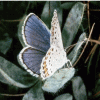
Lupine and Butterflies
Source Institutions
In this two-part activity about the connection between the lupine plant and butterflies, learners first read "Miss Rumphius," a storybook about lupine by Barbara Cooney.
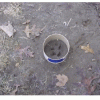
Makin' Tracks
Source Institutions
In this activity, learners make plaster casts of an animal track to learn more about animals and animal behavior.
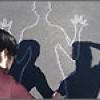
Changing Shadows
Source Institutions
In this sunny day, outdoor activity, learners observe changes in shadows over time. The activity also helps to develop a sense of the Earth's motion.
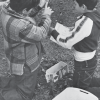
Litter Critters
Source Institutions
In this outdoor activity, learners use a "litter-critter" wheel to help them identify different animals they find living in a natural litter habitat.
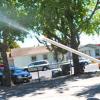
PVC Water Squirter
Source Institutions
In this activity, learners build a water squirter using a PVC pipe, dowel, and foam. This activity is great for the summer time and introduces learners to forces and water pressure.
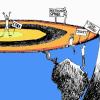
Earth Walk
Source Institutions
In this hands-on and feet-on excursion, learners take a science walk to visualize the planet's immense size and numerous structures, without the usual scale and ratio dimensions found in most textbook
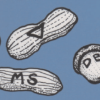
Acorns
Source Institutions
In this outdoor game, learners play the roles of gray or red squirrels gathering and storing a supply of food in "fall" and recovering enough of them to survive the "winter." Learners carry bags repre
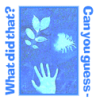
Sun Prints
Source Institutions
This activity uses a special paper that can create images with exposure to the Sun. Collect objects of different shapes and sizes and use them to make interesting patterns on your sun print.
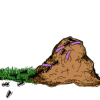
ANTacid: Indicator Paper on an Anthill
Source Institutions
In this activity, learners make acid/base indicator paper, place the indicator paper on an anthill, disturb a bunch of ants, and then observe what happens!
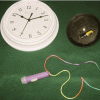
Can Energy be Created or Destroyed?
Source Institutions
In this activity, learners explore conservation of energy by experimenting with a solar cell light device.
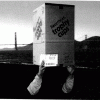
Personal Pinhole Theater
Source Institutions
Have you ever heard of a camera without a lens? In this activity, learners create a pinhole camera out of simple materials. They'll see the world in a whole new way: upside down and backwards!
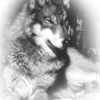
Wolf Survival
Source Institutions
In this activity, some learners pretend to be wolves, while the other learners pretend to be the prey of the wolf. The goal of the simulation is to have the wolves work together to survive.
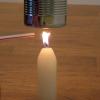
For Your Eyes Only
Learners build particulate matter collectors--devices that collect samples of visible particulates present in polluted air.
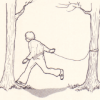
Tree Tally
Source Institutions
In this outdoor activity and fun race, learners first find the most common type of tree in a forest site.
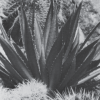
Cactus Wheel
Source Institutions
In this outdoor activity/field trip, learners explore the concept of population density.
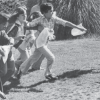
Population Game
Source Institutions
In this outdoor game, learners simulate a herd of deer trying to survive in an area called the "home range." Learners explore the concept of "carrying capacity"—what size population of an organism can
